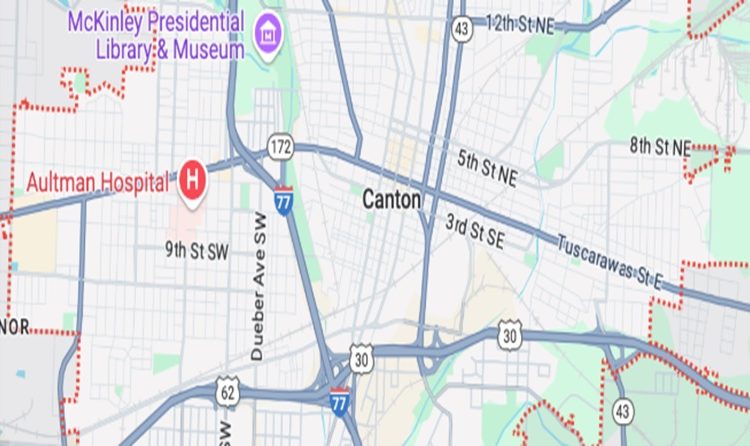A mortgage broker acts as a go-between for property buyers and lenders. Their job is to provide borrowers with suitable loan options based on their personal circumstances and needs.
A broker can help borrowers save money on two levels: interest rates and closing costs. These savings are mainly due to the fact that they have more knowledge of the mortgage market than most people do, and can find deals on rates.
Experience
Mortgage brokers act as intermediaries between borrowers and lenders to identify loans that meet their needs. They gather information from clients about their financial situation, credit history, and property goals and find mortgage loan options. They then help borrowers complete the loan application and closing paperwork.
They can work with dozens of lenders and provide their clients with access to a greater range of loan products than loan officers. Brokers often earn commission from their lenders, and sometimes they also receive borrower-paid compensation.
A mortgage broker helps borrowers save time in the home-buying process by searching for a loan that meets their specific requirements. This can take hours and involve multiple rounds of communication to keep applications on track.
A good mortgage broker will have years of experience in the industry and a strong network of lending institutions and real estate agents. These relationships will be invaluable in obtaining client referrals and building a successful mortgage broker charlotte nc business.
Credentials
As a mortgage broker, you need to stay on top of all the latest loan products and lending options in your area. A good way to do this is by attending industry conferences and networking with colleagues. It might also help to learn the ropes at a local lending institution before deciding to go it alone.
Getting a mortgage broker license usually involves taking a few pre-licensing courses, passing a test, and paying a licensing fee to get your license. You may even need to secure a mortgage broker bond. Getting the right bond for your specific state is vital to protect your clients and yourself in the event you fail to abide by the rules and regulations.
You can probably get by with a high school diploma or GED but completing an associate’s degree in finance, accounting, business administration or marketing will definitely boost your credentials. Having a good understanding of budgeting, saving, and investing will be helpful as well.
Fees
A mortgage broker is a third-party intermediary who works with a client to help them get the best possible loan. The broker can pull a client’s credit report, verify their income and expenses, and coordinate all of the necessary paperwork.
A broker also gives clients access to a wider selection of loans and lenders. This can be particularly helpful if you don’t have an existing banking relationship or are looking for a better rate than your current lender is offering.
When it comes to fees, brokers typically charge a borrower fee or lender commission that ranges from 0.50% to 2.75% of the total loan amount. These fees can be financed with the mortgage or paid at closing.
However, federal law caps these fees at 3% of the loan’s principal and interest. This prevents brokers from abusing their power and steering borrowers to costly loans in order to increase their own earnings.
Conflicts of interest
There are some conflicts of interest that may arise when working with a mortgage broker. These conflicts of interest are typically related to how the broker is paid and referred business to mortgage lenders.
For example, a real estate agent who receives a gift from a mortgage broker that encourages them to refer their buyer clients to that particular mortgage broker may have a conflict of interest when recommending loans to their client.
In addition, mortgage brokers are prohibited from providing kickbacks or other benefits to real estate agents for referring their clients to lenders who are more likely to pay them more commissions. This is because it violates the federal Bank Bribery Act and the Real Estate Settlement Procedures Act (RESPA).
Mortgage brokers must describe their own conflicts of interest, as well as those of their related parties and associates, in Form 10 that is provided to borrowers and/or lenders as required by law. The Mortgage Brokers Act places an equal obligation on mortgage broker firms and individual sub mortgage brokers to meet these disclosure obligations.






